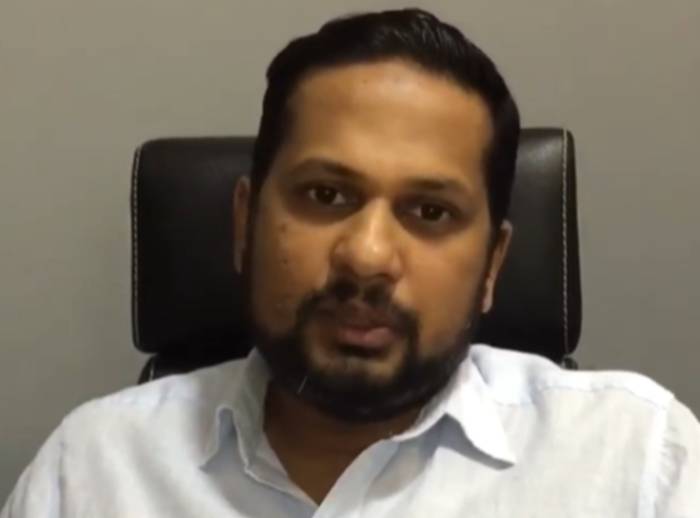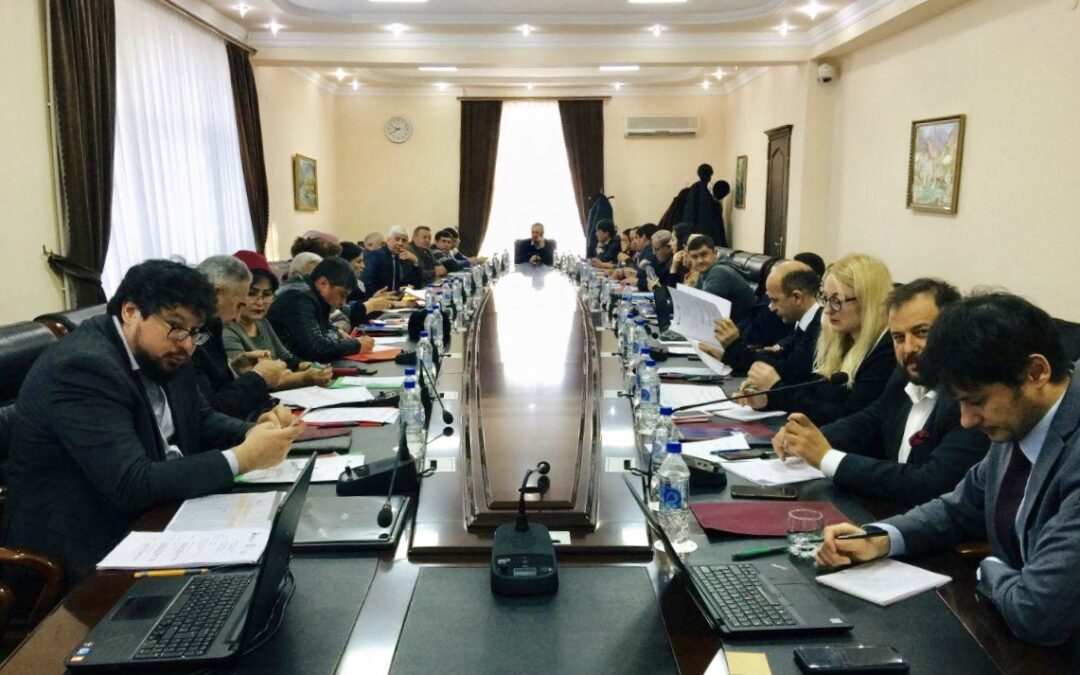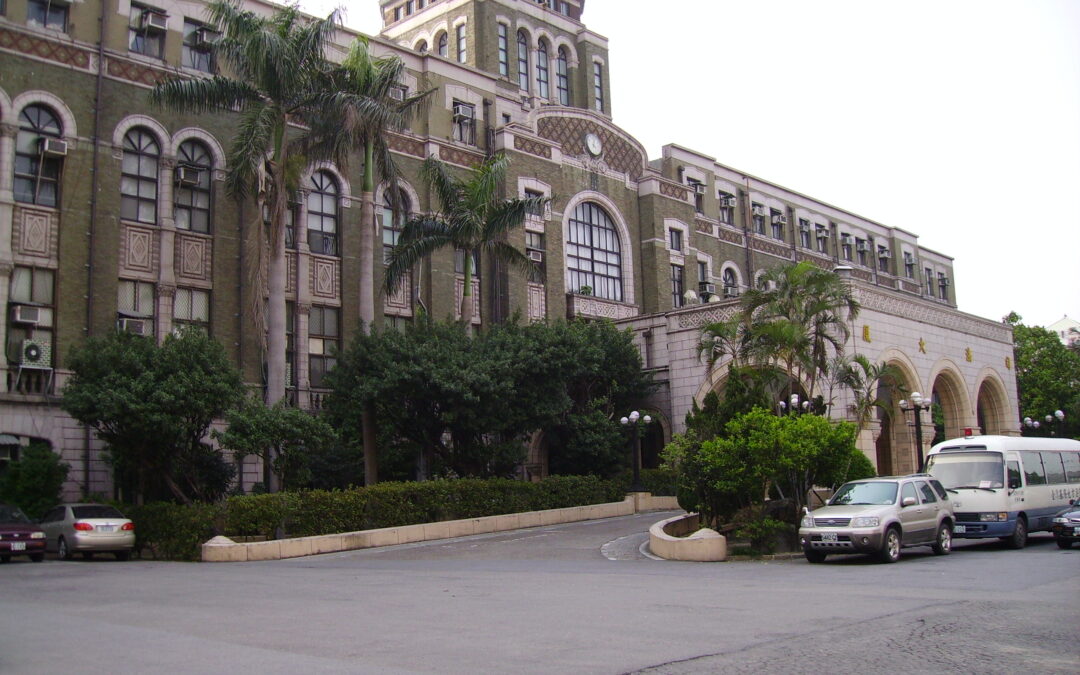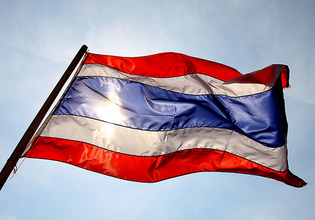
Jul 28, 2021 | News
The ICJ and other human rights organisations express deep concern for the ongoing detention of lawyer and minority and civic rights activist Hejaaz Hizbullah, who has been held under Sri Lanka’s notorious Prevention of Terrorism Act (PTA) for 15 months. In the absence of any credible evidence presented before a court of law, Hejaaz Hizbullah should be released immediately and unconditionally.

Aug 10, 2020 | News
Today, the ICJ published the recommendations from a workshop on strengthening the work of the specialized bodies of the Bar Association on the protection of the rights of lawyers in Tajikistan, held in December 2019.
The event was held on 16 and 17 December 2019 in the city of Gulistan in the North of Tajikistan for members of the Commission for the Protection of the Rights of Lawyers (CPRL) of the Union of Lawyers of the Republic of Tajikistan.The ICJ organized this seminar in cooperation with the Union of Lawyers of Tajikistan and the Legal Policy Research Centre, Kazakhstan.
The President of the Tajikistan Union of Lawyers, heads of regional departments of the Union of Lawyers, who are members of the Commission on the protection of the rights of lawyers, and other lawyers took part in the two-day discussion.
Based on the outcome of this discussion, the participants elaborated the recommendations to strengthen the work of the Commission. Those recommendations are provided below.
The recommendations have been formulated on the basis of the views expressed by members of the Tajikistan Union of Lawyers addressing the situation in Tajikistan, and are not intended necessarily to reflect the legal or policy positions or other views of the ICJ or to be applicable to other contexts.
This set of recommendations deals with key challenges faced by the CPRL in upholding the independence, security and effective work of lawyers in Tajikistan. However, the list of these issues is not exhaustive nor comprehensive and should be further reviewed in light of ongoing developments in the legal profession and the justice system as a whole.
The recommendations should be read in light of the international law obligations of Tajikistan to protect the right of access to a lawyer, to a fair trial and to effective remedies for violations of human rights, including under the International Covenant on Civil and Political Rights, and international standards on the role of lawyers, including the UN Basic Principles on the Role of Lawyers.
Recommendations in English (PDF)
Recommendations in Russian (PDF)

May 8, 2020 | News
The ICJ today denounced the decision on 5 May 2020 by the Philippines’ National Telecommunications Commission (NTC) to issue an order to ABS CBN Corporation, one of the leading media outlets in the country, to cease its on-air operations.
The ICJ asserted that the action against ABS CBN violates the right to freedom of opinion and expression, which includes the rights of the media to operate without censorship or restraint and the public’s right to access information. This right is guaranteed under Article 19 of the International Covenant on Civil and Poliitical Rights (ICCPR). The Philippines is a State Party to the ICCPR.
“A free and unhindered media is essential in any society to ensure freedom of opinion and expression and other human rights. It is one of the cornerstones of a democratic society,” said Emerlynne Gil, ICJ’s Senior International Legal Adviser.
The NTC’s basis for issuing the order is that ABS CBN’s legislative franchise has expired on 4 May 2020 and action has yet to be taken on its renewal by the House of Representatives. The ICJ fears that the reasons for this delay may be politically motivated.
Given the stakes for freedom of expression, the ICJ urges NTC to follow its own precedents whereby it has allowed broadcast and telecommunications companies to operate beyond their franchise expiry dates, pending the renewal.
“Limitations imposed on the right to freedom of opinion and expression have to pass the general tests, including that of necessity and proportionality, which do not appear to have been met here,” Gil added.
The action taken against ABS CBN is part of a pattern of harassment of independent media by governmental authorities in the Philippines. President Rodrigo Duterte has, in the past, expressed resentment towards ABS CBN for allegedly refusing to air his political ads when he ran for office in 2016. The network is also known to have aired views critical of his administration’s murderous ‘war on drugs’.
In December 2019, President Duterte said that he would make sure that ABS CBN’s franchise would not be renewed. This is not the first time that he has sought to silence a media outlet critical of his administration.
There are at least 11 bills seeking the renewal of the franchise currently pending at the House of Representatives, with the earliest filed in July 2019.
“It is taking the House of Representatives an inordinately long period of time to approve the renewal of ABS CBN’s franchise,” said Gil. “It appears that the allies of this administration in the House are holding the franchise renewal like a sword over ABS CBN’s head to chill it from airing critical views about the government.”
The UN Human Rights Committee, the ICCPR’s supervisory body, has said that States must avoid imposing onerous licensing conditions on broadcast media, and that the criteria for the application of these conditions should be reasonable, objective, clear, transparent, and non-discriminatory.
This action against ABS CBN comes in the middle of the state of public health emergency in the Philippines when access to information is vital in the country’s response to the COVID-19 crisis. The ICJ had earlier raised its concerns on abuses occurring during the lockdown in the Philippines.
The ICJ calls on the Philippine government to uphold and respect freedom of opinion and expression, and ensure that a free press can operate without censorship or restraint.
The ICJ also reminds the government that the public’s access to information is vital to ensure public health and safety during the COVID-19 crisis.
Contact
Emerlynne Gil, Senior International Legal Adviser, t: +662 619 8477 (ext. 206) or e: emerlynne.gil(a)icj.org

Apr 28, 2020 | News
The ICJ today urged Taiwan to decriminalize adultery as soon as possible.
Echoing the UN Human Rights Committee, the UN the Committee on the Elimination of Discrimination against Women and the UN Working Group on discrimination against women in law and practice, the ICJ stated that the criminalization of people who are not married to each other for engaging in consensual sexual relations is a violation of the right to be free from discrimination; the right to equality before the law and equal protection of the law without discrimination; and the right to privacy, among other rights. The criminalization of adultery also often leads to discrimination and violence against women.
The Constitutional Court of Taiwan is currently deliberating on the constitutionality of Article 239 of the Criminal Code, which provides that, “a married person who commits adultery with another shall be sentenced to imprisonment for not more than one year; the other party to the adultery shall be subject to the same punishment.” On 31 March 2020, Taiwan’s Constitutional Court heard oral arguments on the constitutionality of Article 239 after several judges requested an interpretation of the law. The Court is expected to release its opinion on the matter at the end of May.
“In many ways, the ongoing criminalization of adultery leads to dire consequences for women’s human rights in Taiwan,” said Emerlynne Gil, Senior International Legal Adviser of the International Commission of Jurists.
“The enforcement of criminal adultery provisions often leads to discrimination and violence against women. In Taiwan, for example, women are disproportionately the target of adultery lawsuits. While male adultery enjoys greater tolerance in Taiwan, women are being targeted because of harmful gender stereotypes and rigid constructions of femininity.”
The ICJ notes that women are twenty percent more likely to be convicted than men in adultery cases in Taiwan. Furthermore, to secure a conviction on adultery charges in Taiwan, given the criminal law standard of proof, there has been a resort to photographic evidence of the two accused individuals engaging in sexual acts in some cases. As a result, an entire industry of private investigators, often engaging in illegal behaviour, has developed in response to “market” demand for “evidence” capable of making criminal adultery charges stick.
Taiwan is not a Member State of the UN, but in 2009 it introduced legislation aimed at incorporating the International Covenant on Civil and Political Rights (ICCPR) as a matter of domestic law. In 2013, an International Review Committee composed of independent human rights experts working in their personal capacities recommended that Taiwan should take steps to abolish the adultery provision in its Criminal Code as it was not in conformity with Article 17 of the ICCPR.
“Continuing to criminalize adultery goes against the image that Taiwan wants to portray of itself, that it is a beacon of democracy and human rights in Asia,” Emerlynne Gil said. The ICJ urges Taiwan to decriminalize adultery as soon as possible by removing the above mentioned provision from its Criminal Code.
Additional Information
There have been several challenges in the past to the constitutionality of Article 239 of Taiwan’s Criminal Code. In 2002, in one of such challenges, the Constitutional Court issued Interpretation 554, holding that the freedom of sexual behavior was inseparably related to the personality of individuals, and every person was free to decide whether or not and with whom to have sexual affairs. However, the Court went on to say that such freedom was legally protected only if it was not detrimental to “the social order or public interest”, as provided in Article 22 of the Constitution and, therefore, “the freedom of sexual behavior” was subject to the restriction that marriage and the institution of the family imposed on it.
Download the statement in Mandarin Chinese here.
Contact
Boram Jang, ICJ Legal Adviser – Access to Justice for Women, Asia & the Pacific Programme, e: boram.jang(a)icj.org

Apr 24, 2020 | News
On 24 April 2020, the ICJ, Thai Lawyers for Human Rights (TLHR) and the Cross Cultural Foundation (CrCF) made a joint supplementary submission to the UN Human Rights Committee on Thailand’s implementation of its human rights obligations under the International Covenant on Civil and Political Rights (ICCPR).
In their submission, the ICJ, TLHR and CrCF detailed their concerns in relation to Thailand’s failure to implement the Committee’s recommendations, including the ongoing human rights shortcomings of the country’s Constitutional and legal framework; the continued lack of domestic legislation criminalizing torture, other ill-treatment and enforced disappearance; and reports of torture and other ill-treatment. In addition, the three human rights organizations expressed concern over the use of the Emergency Decree on Public Administration in Emergency Situation to combat the COVID-19 outbreak, and measures imposed under the Decree that may constitute a blanket restriction on fundamental freedoms, including the rights to free expression, opinion, information, privacy and freedom of assembly and association, with no opportunity for the courts to review these extraordinary measures.
The organizations’ submission also describes human rights concerns with respect to the following:
Constitution and legal framework
- Head of the NCPO Order No. 22/2561; and
- Head of the NCPO Order No. 9/2562
Extrajudicial killings, enforced disappearances and torture
- continued lack of domestic legislation criminalizing torture, other ill-treatment and enforced disappearance;
- reports of extrajudicial killings, torture, other ill-treatment, enforced disappearances, and the progress and results of investigations;
- the application of security-related laws; and
- threats and reprisals against persons working to bring to light cases of alleged torture, ill–treatment and enforced disappearance.
Download
Thailand-UN-Human-Rights-Committee-Supplementary Submission-2020-ENG (English, PDF)
Thailand-UN-Human-Rights-Committee-Supplementary Submission-2020-THA (Thai, PDF)
Background
On 23 March 2017, during its 119th Session, the Human Rights Committee adopted its Concluding Observations on the second periodic report of Thailand under article 40 of the ICCPR.
Pursuant to its rules of procedure, the Committee requested Thailand to provide a follow up report on its implementation of the Committee’s prioritized recommendations made in paragraphs 8 (constitution and legal framework) 22 (extrajudicial killings, enforced disappearances and torture) and 34 (conditions of detention), within one year of the adoption of its Concluding Observations – i.e., by 23 March 2018.
On 18 July 2018, Thailand submitted its follow-up report to the Committee. The report was published on 9 August 2018.
On 27 March 2018, the ICJ, TLHR and CrCF made a joint follow-up submission to the UN Human Rights Committee. However, since then, there have been several developments that the three organizations wish to bring to the attention of the Committee through this supplementary submission.
The UN Human Rights Committee will review Thailand’s implementation of the prioritized recommendations during its 129th Session, in June/July 2020.
Further reading
ICJ and TLHR, Joint submission to the UN Human Rights Committee, 13 February 2017
ICJ, TLHR and CrCF, Joint follow-up submission to the UN Human Rights Committee, 27 March 2018









